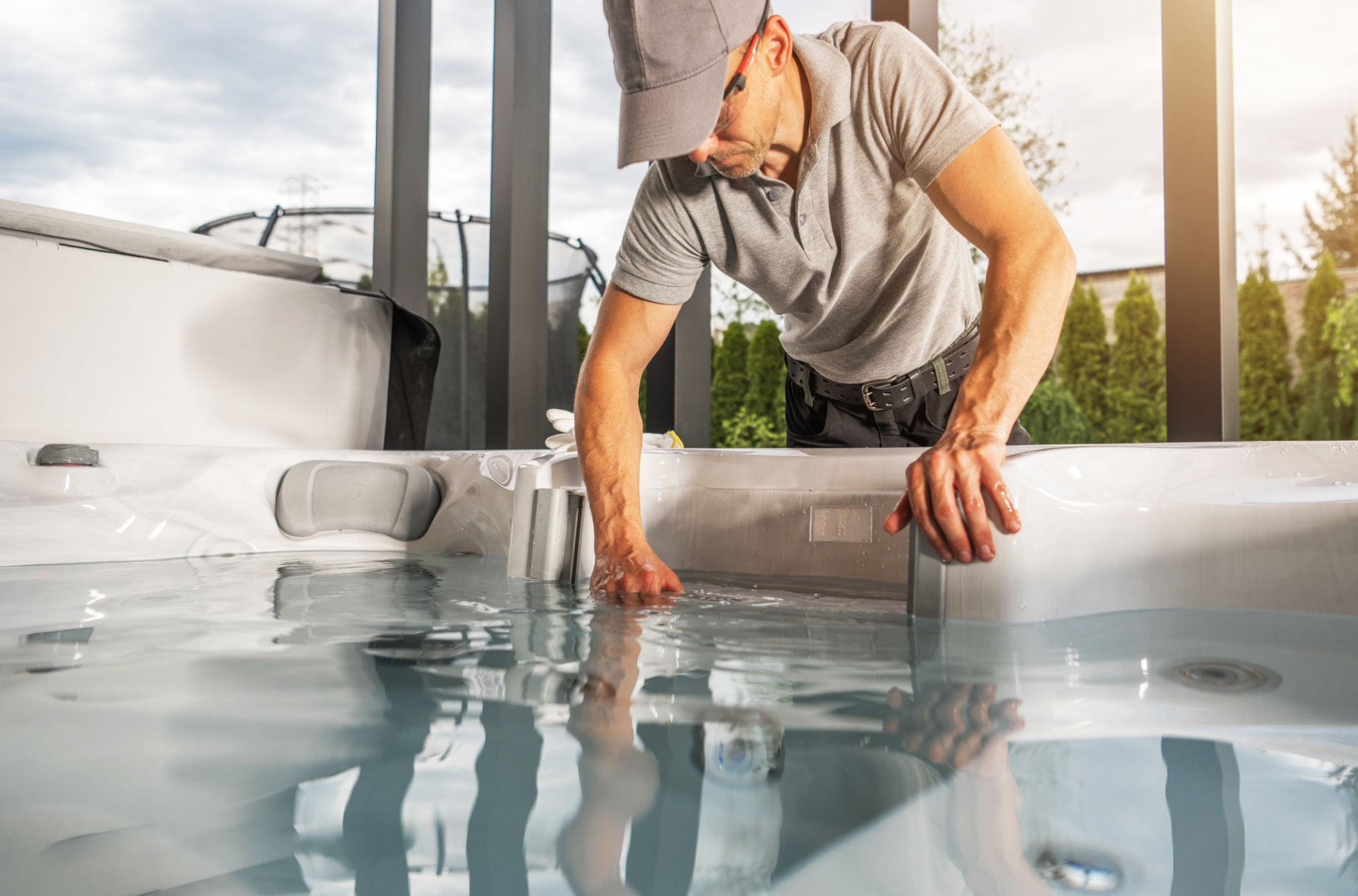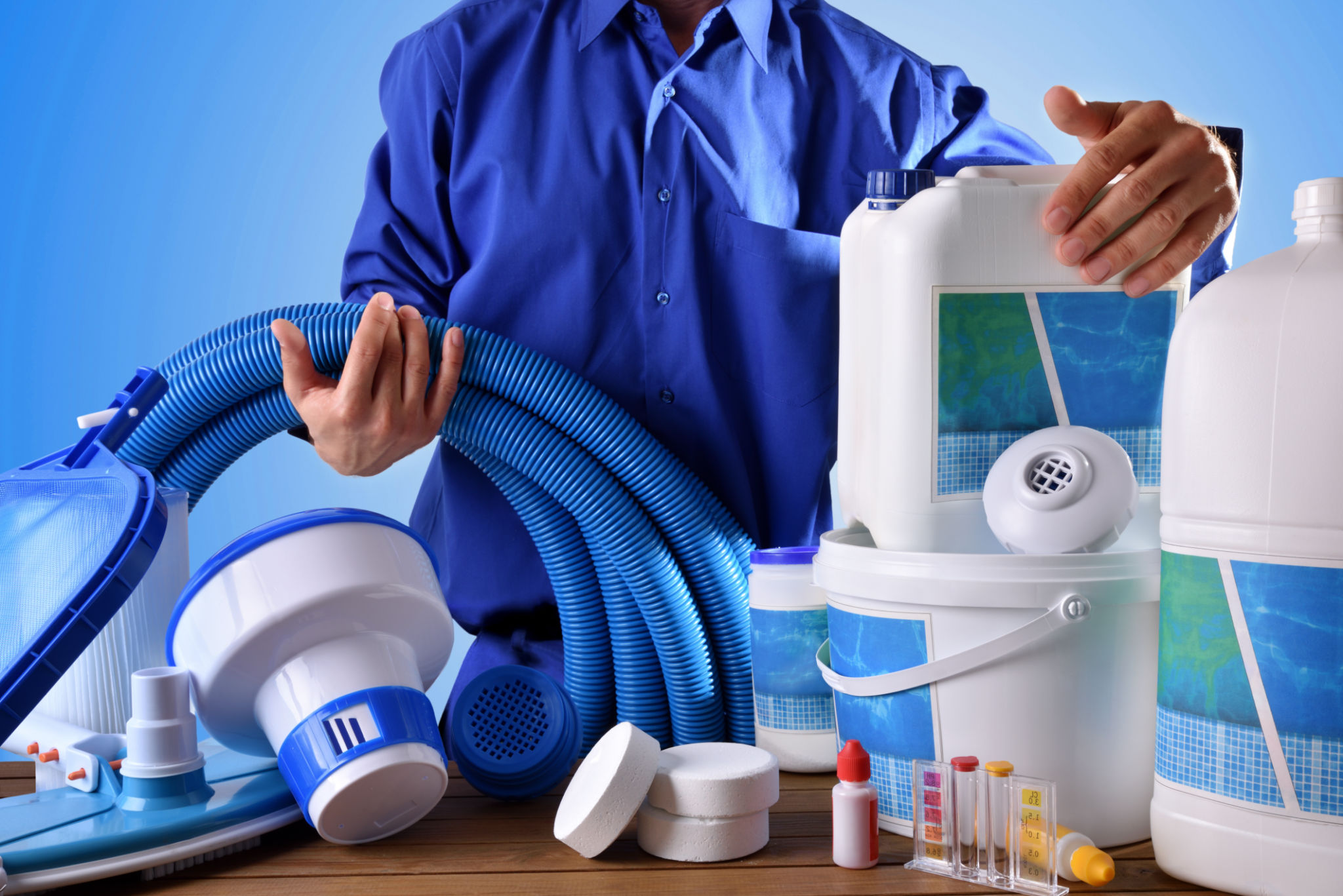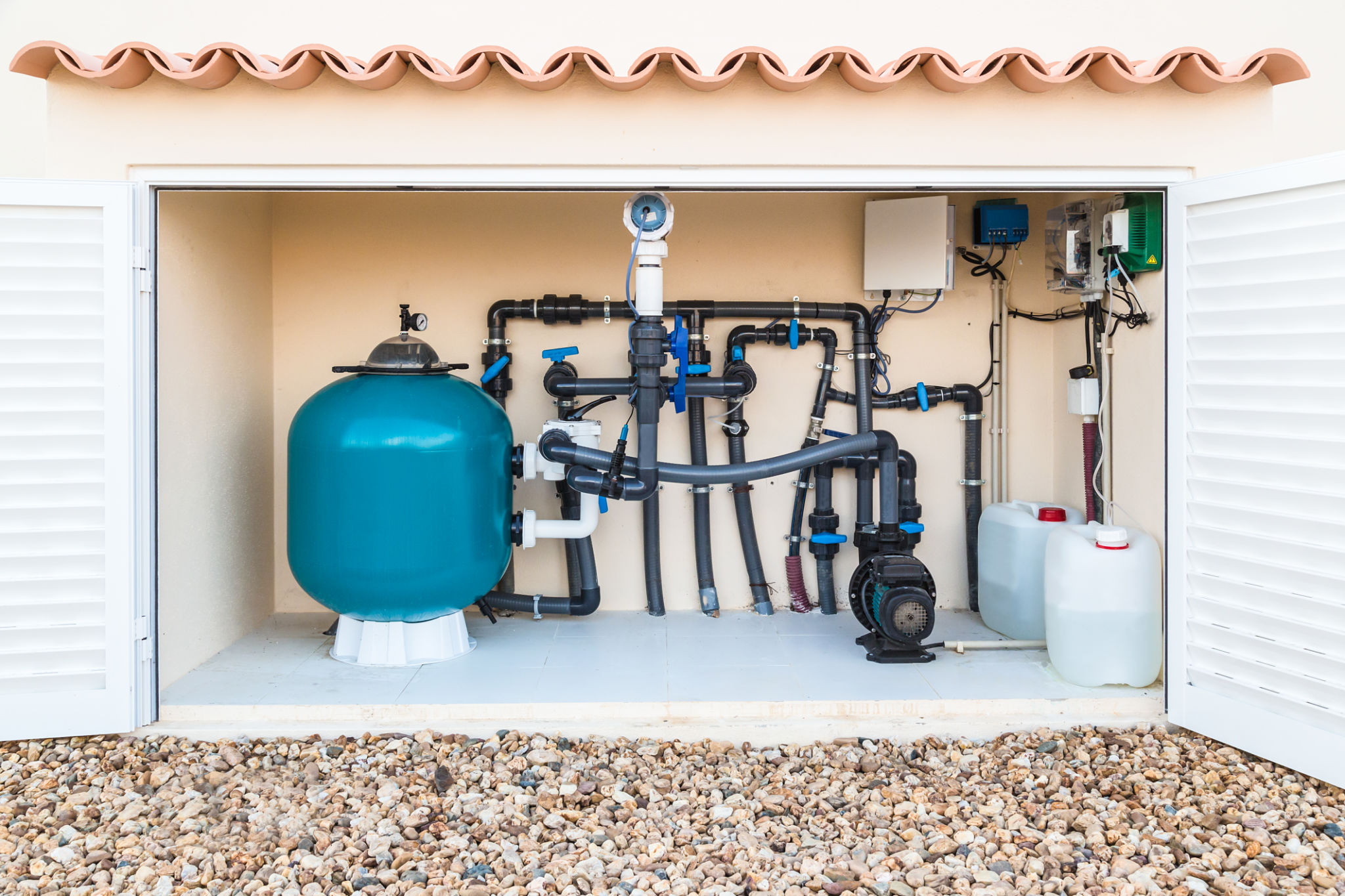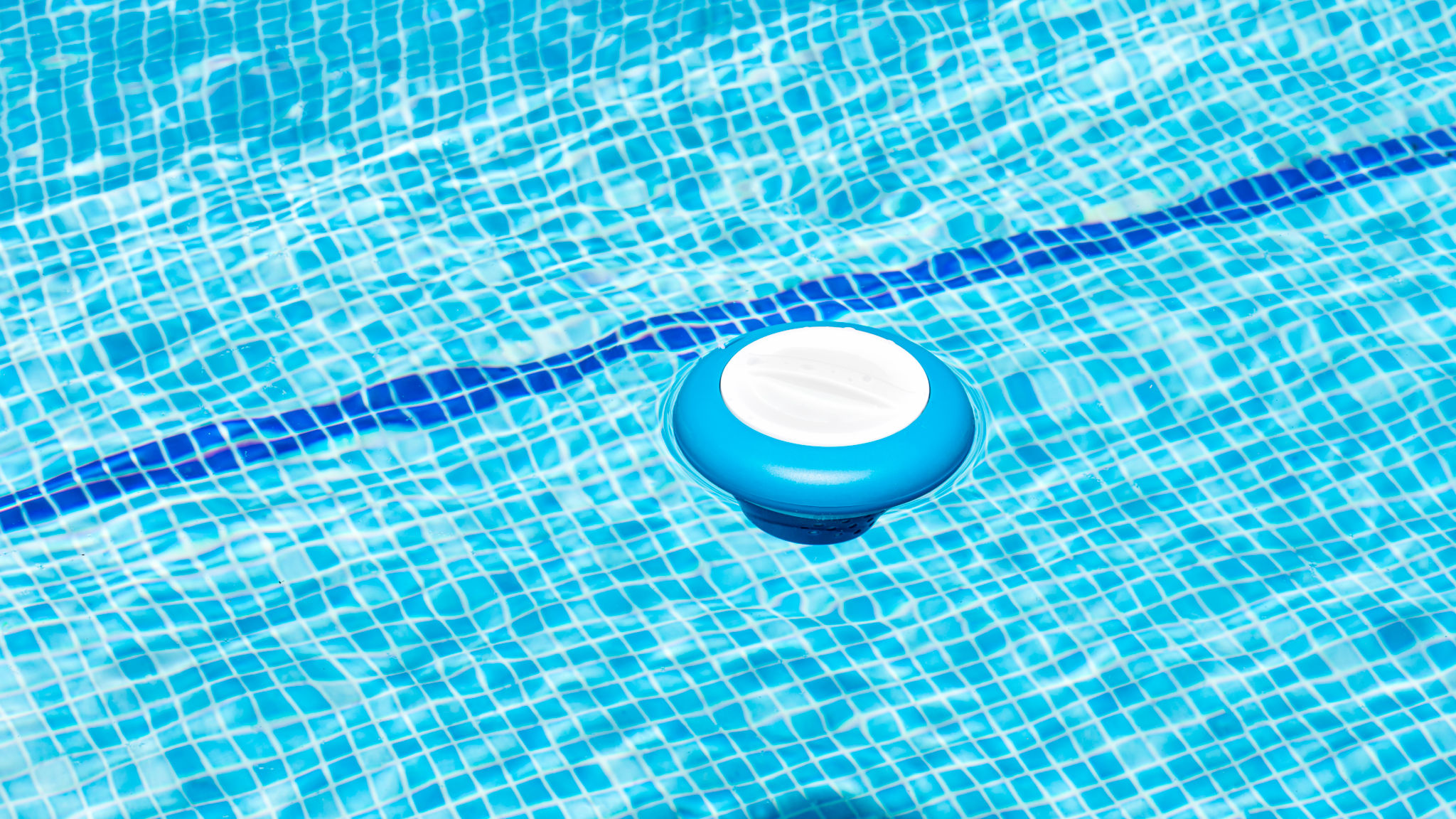DIY Pool Maintenance Tips: Keeping Your Pool Pristine
Understanding Basic Pool Chemistry
Maintaining the right chemical balance is crucial for keeping your pool water clean and safe. The main aspects to focus on are pH levels, alkalinity, and chlorine. The ideal pH level should be between 7.2 and 7.8, while alkalinity should range from 80 to 120 parts per million (ppm). Chlorine levels should be kept between 1 and 3 ppm to effectively kill bacteria and pathogens.

Regular testing with a pool test kit is essential to ensure these levels are maintained. Adjustments can be made by adding the appropriate chemicals, such as pH increasers or decreasers, alkalinity buffers, and chlorine tablets or granules.
Skimming and Brushing
Debris such as leaves, insects, and dirt can quickly accumulate on the surface of your pool. Regular skimming with a net is an easy way to keep your pool looking clean. Aim to skim your pool at least once a week or more frequently if your pool is surrounded by trees.
Brushing the sides and bottom of your pool is equally important. This prevents algae buildup and keeps your pool surfaces spotless. Use a brush appropriate for your pool type—nylon brushes for vinyl or fiberglass pools and stainless steel for concrete pools.

Vacuuming Your Pool
Even with regular skimming and brushing, dirt can settle at the bottom of your pool. Vacuuming your pool weekly helps remove this debris. There are manual vacuums, which require more effort, and automatic vacuums that can save you time.
When using a manual vacuum, move it slowly across the pool floor to avoid stirring up dirt. For automatic vacuums, ensure it is correctly configured according to the manufacturer's instructions for optimal performance.
Checking and Cleaning Filters
Your pool’s filter system plays a vital role in keeping the water clear by removing impurities. Whether you have a sand, cartridge, or diatomaceous earth (DE) filter, regular maintenance is necessary. Typically, filters should be cleaned every 4-6 weeks, depending on usage.

If you notice the pressure on the filter gauge rising, it's time to clean your filter. Proper cleaning will extend the life of your filter and improve its efficiency.
Maintaining Water Levels
Keeping an eye on water levels is another critical aspect of pool maintenance. Water levels should be maintained halfway up the opening of the skimmer. Evaporation, splashing, and backwashing can lower water levels. Refill as needed using a garden hose.
Low water levels can damage the pump, while high levels may reduce skimming efficiency. Regular checks ensure your pool operates smoothly.
Seasonal Maintenance
In addition to regular upkeep, seasonal maintenance is essential. At the start of each swimming season, shock your pool with a high dose of chlorine to eliminate any lingering bacteria. Check all equipment for wear and tear, and make necessary repairs.
When closing your pool for winter, ensure it is thoroughly cleaned and chemically balanced. Use a cover to protect it from debris and weather damage during the off-season.

